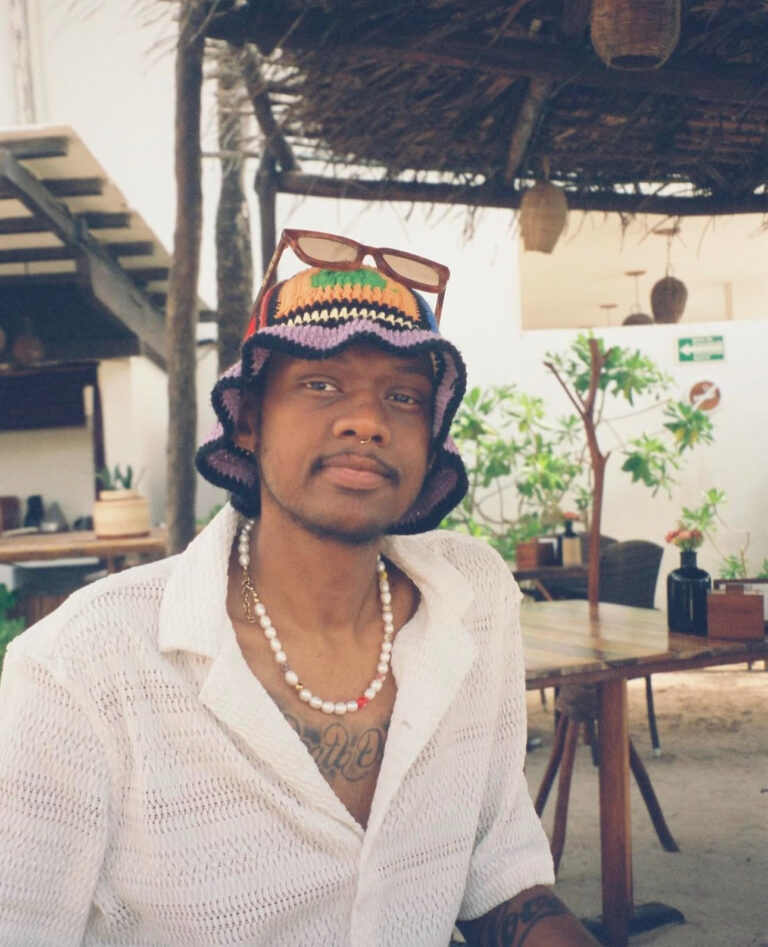
In the fast-paced world of journalism, recognition often comes with breaking news stories or uncovering scandals. But sometimes, the quiet, relentless dedication to amplifying underrepresented voices truly deserves applause. This sentiment rings especially true with the recent announcement of Dara T. Mathis as one of two 2024 recipients of the prestigious American Mosaic Journalism Prize.
Based in Maryland, Mathis received acclaim for her thought-provoking article “A Blueprint for Black Liberation,” published in The Atlantic. In this piece, she delves into her personal experiences growing up in a radical Black commune. She explores the broader historical context of such movements. Mathis’s work sheds light on silenced histories and seeks to bridge the gap between past struggles and contemporary realities. She is currently expanding this article into a memoir, further deepening her exploration of Black liberation.
In addition to Dara T. Mathis’s remarkable achievement, another freelance journalist, Tamir Kalifa, has also been recognized for his outstanding work focused on the aftermath of the Uvalde school shooting. Both Mathis and Kalifa have been awarded $100,000 each from the Heising-Simons Foundation, marking a significant milestone in their careers.
What makes their win even more remarkable is the unconventional selection process. Awardees, including Mathis and Kalifa, were unaware of their consideration. Over 150 journalism leaders nationwide submitted confidential nominations, and a panel of judges meticulously evaluated each candidate before determining the recipients.
Reflecting on her award, Mathis expressed the importance of amplifying the voices of marginalized communities, stating, “As a Black writer, I am keenly aware of how the stories of marginalized people are excluded from the archive. My work as a journalist seeks to connect silenced histories to our present day.” Mathis challenges conventional narratives through her writing and strives to create a more inclusive and representative narrative landscape.
Mathis’s career trajectory reflects her unwavering commitment to storytelling and advocacy. With a focus on Black freedom movements, identity, parenthood, and preserving Black memory, she has consistently delivered powerful narratives that challenge the status quo. Yet, at her core, Mathis simply loves to tell a good story that resonates with authenticity and depth.
Driven by a desire to merge the strength of reporting with the depth of personal essays, Mathis transitioned into journalism, where she discovered a newfound passion for storytelling through human connection. Despite her initial shyness, Mathis learned the art of asking probing questions and uncovering the narratives that genuinely matter.
Reflecting on her journey to journalism and her recent accolade, Mathis credits her upbringing for instilling a love for writing and critical thinking. From a young age, her mother encouraged her to engage with the news, urging her to analyze and question the portrayals of Black individuals in media. This early exposure to critical analysis laid the foundation for Mathis’s career as a writer and journalist.
Meanwhile, photojournalist Tamir Kalifa was honored for his poignant documentation of the aftermath of the 2022 mass shooting at Robb Elementary School in Uvalde, Texas. Based in Austin, Kalifa has dedicated his career to capturing the resilience of individuals facing adversity. Currently covering the Israel-Hamas war from Israel, Kalifa’s work serves as a testament to the human spirit’s capacity for resilience in the face of tragedy.
In a media landscape often dominated by mainstream narratives, Mathis and Kalifa’s work reminds us of the power of journalism to challenge, provoke, and ultimately inspire change. Their contributions enrich our understanding of the world and reaffirm the vital role of journalists in shaping our collective consciousness.
The American Mosaic Journalism Prize, established in 2018 by the Heising-Simons Foundation, continues to honor excellence in reporting on underrepresented groups in the United States. Through its recognition of journalists like Mathis and Kalifa, the foundation underscores its commitment to fostering a more diverse and inclusive media landscape. With a substantial $100,000 prize, it stands as the country’s most prominent national media award, celebrating those who shine a light on the stories often overlooked by mainstream media.
-XXX-
Fharnell M.



